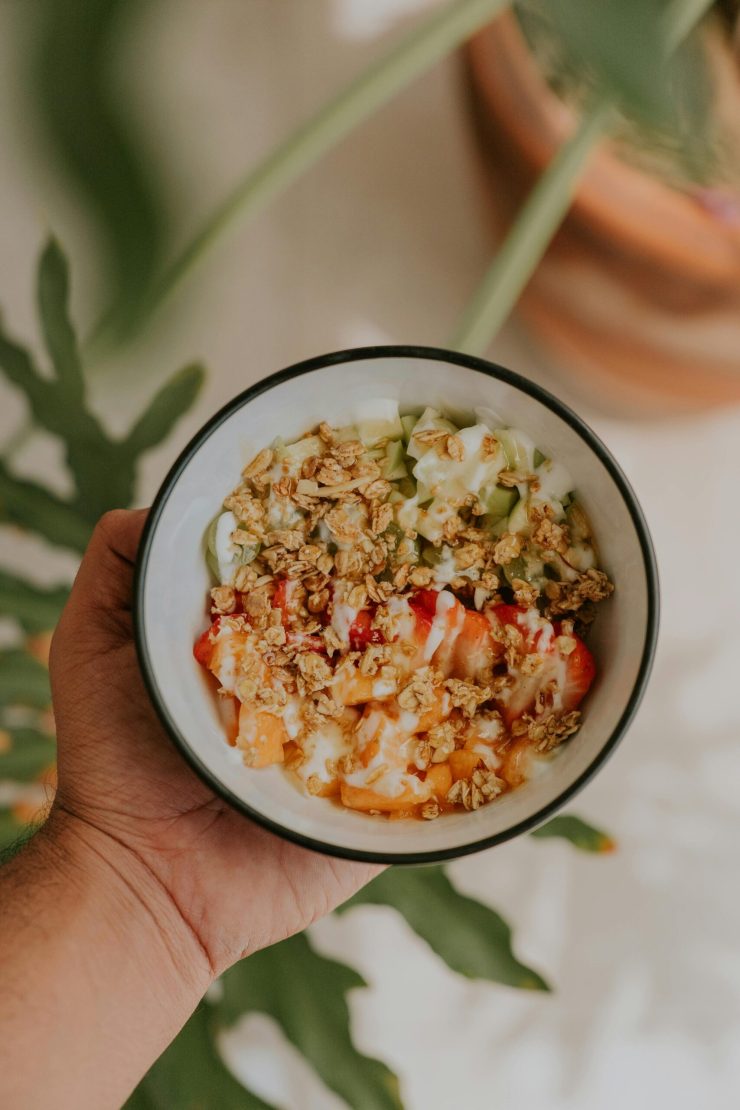What is Cholesterol, Really?
Cholesterol often gets labeled as “bad,” but it’s actually a waxy, fat-like substance that your body needs to function. It helps build cell membranes, make hormones, and even aids in digesting food. The liver naturally produces cholesterol, but we also get some from the foods we eat.
There are two main types:
- LDL (Low-Density Lipoprotein) – the “bad” cholesterol that can build up in your arteries.
- HDL (High-Density Lipoprotein) – the “good” cholesterol that helps remove excess LDL from your bloodstream.
When LDL gets too high, it can form plaque in arteries, leading to heart disease, stroke, and other serious conditions.

Why Controlling Cholesterol Matters
High cholesterol is often a silent condition—you may not feel any symptoms, but it can slowly damage your blood vessels. Over time, this raises your risk of:
- Heart attacks
- Strokes
- Peripheral artery disease
The good news? Lifestyle changes can dramatically lower cholesterol levels without the need for medication in many cases.
💡 Smart Tips to Lower Cholesterol Naturally
- Eat More Soluble Fiber
Foods like oats, barley, apples, beans, and flaxseeds help absorb LDL cholesterol in the gut and flush it out. - Add More Healthy Fats
Replace saturated fats (butter, cheese) with unsaturated fats like those in olive oil, avocados, and nuts. - Move More
Just 30 minutes of brisk walking a day can raise HDL (good cholesterol) and lower LDL. - Cut Down on Sugar & Refined Carbs
Too many sweets or white bread can boost triglycerides—another harmful fat in the blood. - Stay Hydrated & Manage Stress
Dehydration and chronic stress can elevate cholesterol-producing hormones like cortisol. - Quit Smoking & Limit Alcohol
Smoking lowers HDL levels. And excessive alcohol can spike cholesterol and triglycerides.
🥗 Foods to Include for Better Heart Health
- Oats, barley, and brown rice
- Legumes: lentils, chickpeas, kidney beans
- Fruits: apples, berries, oranges
- Vegetables: leafy greens, carrots, sweet potatoes
- Nuts and seeds: walnuts, flaxseeds, chia
- Oils: cold-pressed olive oil, mustard oil, avocado oil
- Plant sterol-fortified foods (like some soy milk or juices)
🚫 Foods to Avoid (or Limit Strictly)
- Fried foods, especially deep-fried snacks
- Red meats and processed meats
- Full-fat dairy (cheese, cream, ghee in excess)
- Commercial baked goods with trans fats
- Fast food and packaged junk (instant noodles, chips)
- Sugary drinks and desserts
Conclusion
Cholesterol isn’t the villain—it’s about balance. A diet rich in fiber, healthy fats, and whole foods combined with movement and stress management can go a long way in keeping your heart healthy. The secret lies in small, consistent lifestyle changes—and yes, you can still enjoy tasty food while lowering your numbers.









